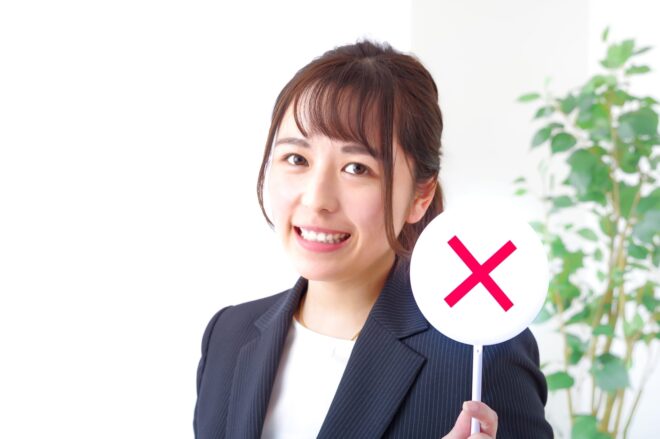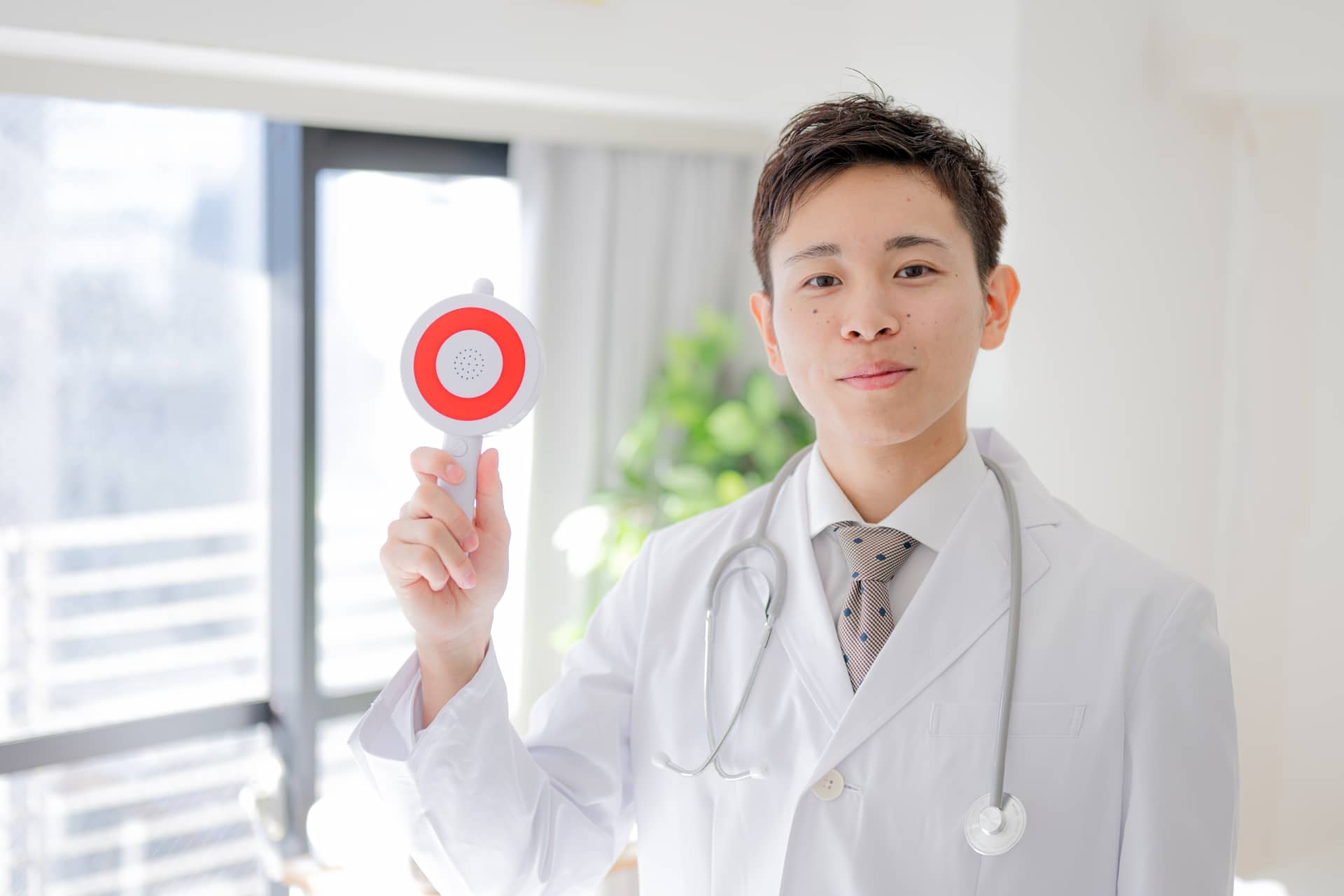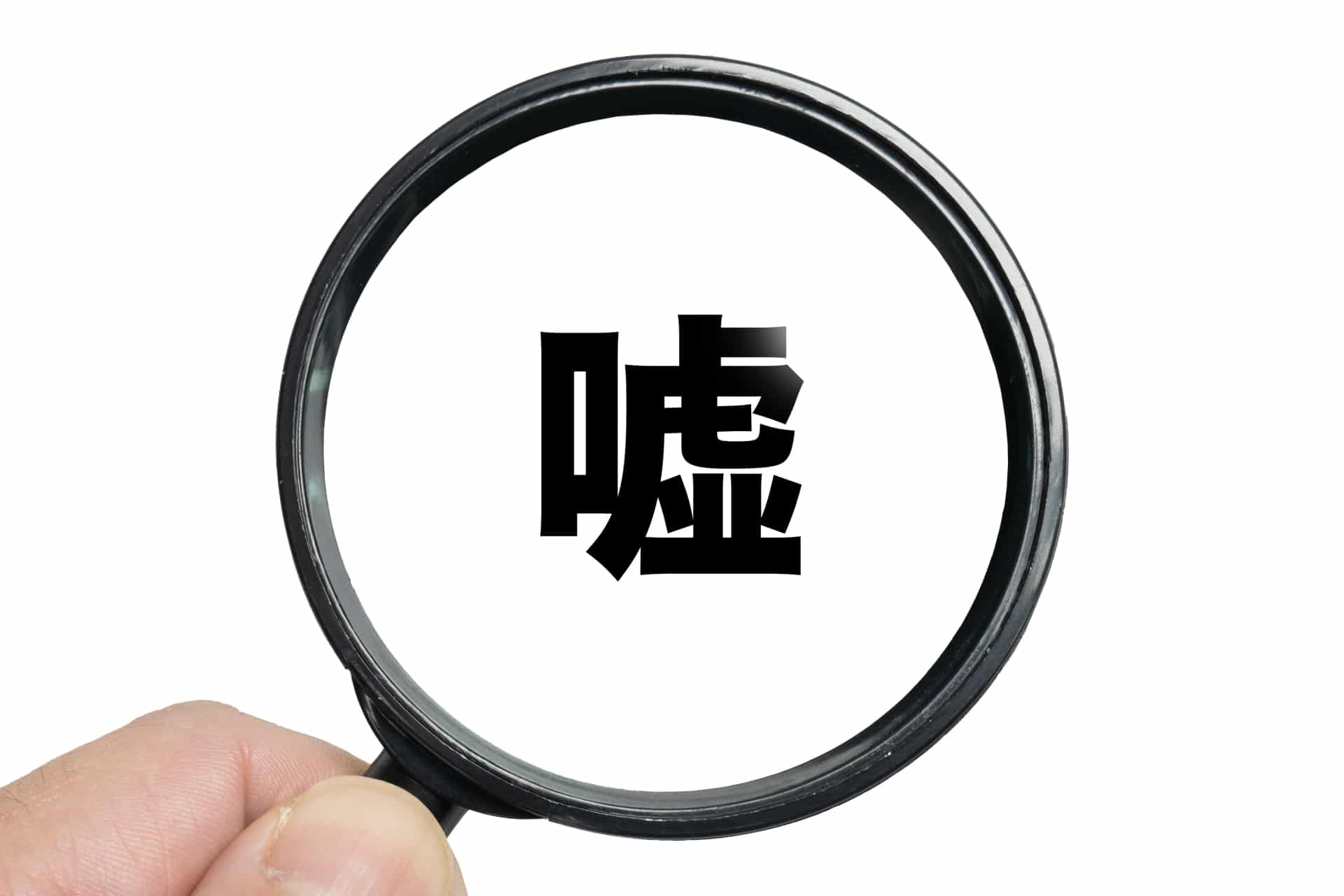Is Using a Doctor's Recommendation as an Advertising Claim a Violation of the Japanese 'Pharmaceutical and Medical Device Act' (薬機法)?

The “Act on Securing Quality, Efficacy and Safety of Products Including Pharmaceuticals and Medical Devices,” commonly known as the “Pharmaceutical and Medical Device Act” (PMD Act), is the legislation in question. It was previously known as the “Pharmaceutical Affairs Law,” but it was revised in 2014 (Heisei 26) and is now referred to as the PMD Act. The act not only applies to pharmaceuticals and medical devices but also to cosmetics.
Since the PMD Act applies to the advertising of cosmetics, there are various regulations concerning the language and wording used. Care must be taken because advertisements that violate these regulations can result in penalties under the PMD Act. Whether using a doctor’s endorsement in advertising constitutes a legal violation under the PMD Act can vary from case to case, making it a complex issue to understand.
This article provides a detailed explanation of the circumstances under which using a doctor’s endorsement in cosmetic advertising may lead to a violation of the PMD Act.
What Constitutes a Violation of the Pharmaceutical Affairs Law in Cosmetics Advertising Endorsed by Physicians

It is prohibited to use a physician’s endorsement in cosmetics advertising, and the Japanese Pharmaceutical Affairs Law (薬機法) stipulates the following:
No person shall advertise, describe, or disseminate any article that could be misconstrued as a physician or any other person guaranteeing the efficacy, effect, or performance of drugs, quasi-drugs, cosmetics, medical devices, or regenerative medicine products (Pharmaceutical Affairs Law, Article 66).
Source: Ministry of Health, Labour and Welfare | Regulations on Advertising of Pharmaceuticals, etc.[ja]
Furthermore, to prevent exaggerated advertising and to ensure the appropriateness of advertisements, the Ministry of Health, Labour and Welfare has established the “Standards for Proper Advertising of Pharmaceuticals, etc.” based on the Pharmaceutical Affairs Law, which provides as follows:
Advertisements by medical professionals, barbers, beauticians, hospitals, clinics, pharmacies, or any other organizations that have a significant influence on public perception regarding the efficacy and effects of pharmaceuticals, including public offices, schools, or academic societies that designate, endorse, recommend, guide, or select such products, are prohibited. However, this does not apply in special cases where it is necessary to advertise the fact that a public office or equivalent has made such a designation for the maintenance and promotion of public health.
Source: Ministry of Health, Labour and Welfare | About the Revision of the Standards for Proper Advertising of Pharmaceuticals, etc.[ja]
Endorsements or official approvals from national license holders such as physicians, pharmacists, and beauticians are prohibited because their titles and authority can significantly influence consumers and lead to misconceptions.
Additionally, endorsements from organizations such as pharmacies and academic societies are also forbidden. Using phrases in cosmetics advertising such as “Recommended by doctors,” “Recognized by the ○○ Academic Society,” “Joint research with universities,” or “Approved by the Ministry of Health, Labour and Welfare” can result in a violation of the Pharmaceutical Affairs Law.
The Problem with Advertisements Featuring Researchers and Developers in Lab Coats

While it is prohibited to use endorsements from individuals with national qualifications, such as doctors, in cosmetic advertisements, endorsements from researchers and developers who do not hold such qualifications do not violate the Japanese Pharmaceutical and Medical Device Act (薬機法). However, caution is necessary when these researchers and developers are depicted wearing lab coats in advertisements.
According to the “Guidelines for Proper Advertising of Cosmetics, 2017 Edition” by the Japan Cosmetic Industry Association, it is stated as follows:
It is not immediately considered an endorsement by medical professionals if a person in a doctor’s style (such as wearing a lab coat) appears in a cosmetic advertisement. However, even if the content is true, advertising expressions where a person in a doctor’s style specifies, approves, endorses, guides, or selects the efficacy or safety of a product should not be made as a principle.
Source: Japan Cosmetic Industry Association | Guidelines for Proper Advertising of Cosmetics, 2017 Edition[ja]
Although the appearance of a person in a lab coat in a cosmetic advertisement does not constitute a violation of the Pharmaceutical and Medical Device Act, it is generally not advisable to do so. The rule is to avoid lab coat attire that could be mistaken for a medical professional, such as a doctor, even if the individual does not hold a national qualification, as it may mislead consumers. Even if there is no risk of legal penalties, it is not something that should be done.
Reference article: What are the Penalties and Arrest Requirements under the Pharmaceutical and Medical Device Act? Explaining Points to Avoid[ja]
Is There an Issue with Health Food Ads Endorsed by Doctors?

While using a doctor’s endorsement in cosmetic advertising constitutes a violation of the Japanese Pharmaceutical and Medical Device Act (PMD Act), the same is not true for health food products. The PMD Act applies to pharmaceuticals, quasi-drugs, cosmetics, and medical devices, but health foods are not covered under this act.
However, even with health foods, if you claim medical benefits or efficacy, it could lead to a violation of the PMD Act, so caution is necessary.
The only claims that can be made in advertisements for health foods and foods with nutritional function claims are those regarding nutritional functions as determined by the Food Labeling Standards. It is not permissible to claim specific medical effects on certain parts of the body or to suggest that symptoms will improve, which could lead to a misunderstanding, such as mentioning a disease by name. Even if the claimed effects are factual, it would be considered unauthorized sale of a pharmaceutical product if not approved, thus contravening the PMD Act.
The Issue with Advertisements Featuring Falsely Claimed Physician Endorsements

We have previously explained the extent to which physician endorsements can be used in advertising, based on the Japanese Pharmaceutical and Medical Device Act (薬機法). However, if the fact that a physician has endorsed a product as advertised is itself false, this poses a significant problem.
Advertising a product as recommended by a physician when, in fact, no such endorsement exists constitutes unfair labeling and exaggerated advertising, which violates the Japanese Act against Unjustifiable Premiums and Misleading Representations (景品表示法).
Displaying the false fact that “a physician has endorsed this product” can lead to a “misunderstanding of excellence,” making consumers believe the product is significantly superior, which is a violation of the Act against Unjustifiable Premiums and Misleading Representations. Violating this act carries the risk of being subjected to orders for advertising suspension and orders to pay a penalty charge.
Points to Note for Comparative Superiority Advertising

One method to enhance the appeal of a product in advertising is through “comparative superiority advertising.” This type of advertising claims that a product or service is significantly superior or advantageous when compared to those of other competitors in the same industry.
The Japanese Consumer Affairs Agency highlights the following points as guidelines for comparative advertising:
Ensure that the claims made in comparative advertising are objectively proven
Source: Japanese Consumer Affairs Agency | Comparative Advertising[ja]
Accurately and appropriately cite proven figures and facts
Ensure that the method of comparison is fair
It is crucial that the basis of the claims is founded on objective proof, that the data from research and verification is presented accurately, and that the comparison is fair.
Furthermore, advertising that suggests a product is significantly superior, such as using terms like “No.1” or “Only our company,” when the results are nearly identical to those of other companies, can be considered misleading representation.
Summary: Avoid Violating the Japanese Pharmaceutical and Medical Device Act with Legal Checks by Attorneys on Cosmetic Advertising

Using endorsements from physicians in cosmetic advertising can result in violations of the Japanese Pharmaceutical and Medical Device Act (薬機法). Furthermore, if the endorsement by the physician is found to be false, there is a risk of incurring penalties for violating the Japanese Act against Unjustifiable Premiums and Misleading Representations (景表法). It is essential to avoid violations of both the Pharmaceutical and Medical Device Act and the Act against Unjustifiable Premiums and Misleading Representations, but understanding the scope of regulation on expressions can be challenging.
If you have concerns about advertising expressions under the Pharmaceutical and Medical Device Act or if you find yourself in trouble, consider consulting with legal experts. By conducting a legal review by an attorney in advance, you can prevent violations of the Pharmaceutical and Medical Device Act in advertisements for cosmetics and health foods.
Guidance on Measures by Our Firm
Monolith Law Office is a law firm with extensive experience in both IT, particularly the internet, and legal matters. We provide services such as legal checks for articles and landing pages (LPs), guideline creation, and sampling checks for a variety of clients including media operators, review site operators, advertising agencies, and direct-to-consumer (D2C) businesses such as supplement and cosmetic manufacturers, clinics, and ASP service providers. Details are provided in the article below.
Areas of practice at Monolith Law Office: Legal checks for articles and LPs under the Japanese Pharmaceutical and Medical Device Act, etc.[ja]
Category: General Corporate





















